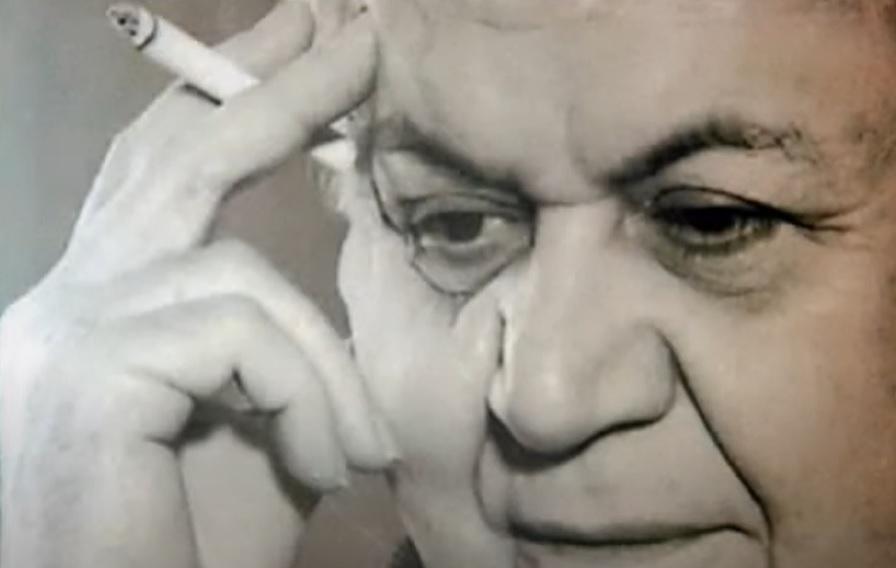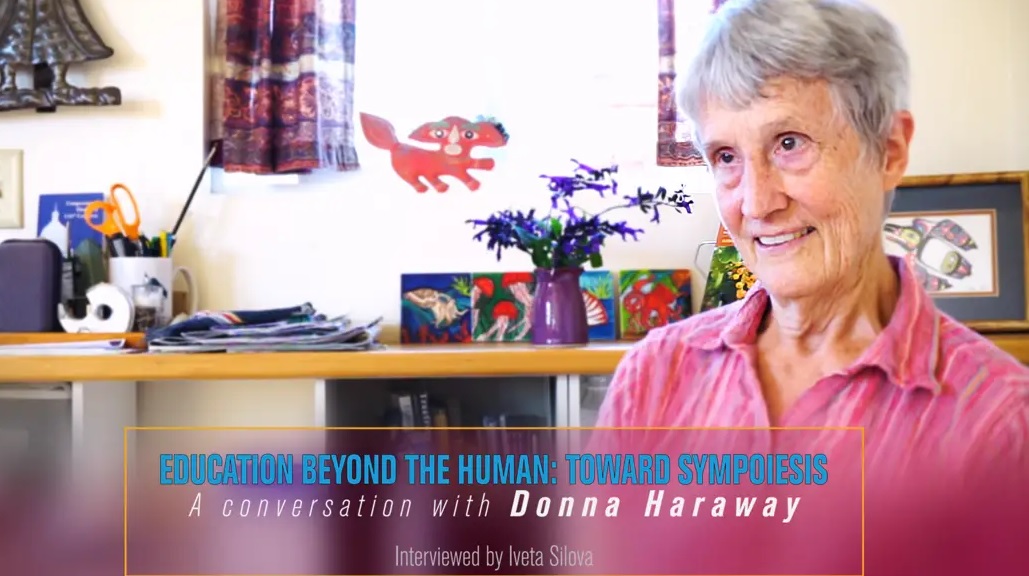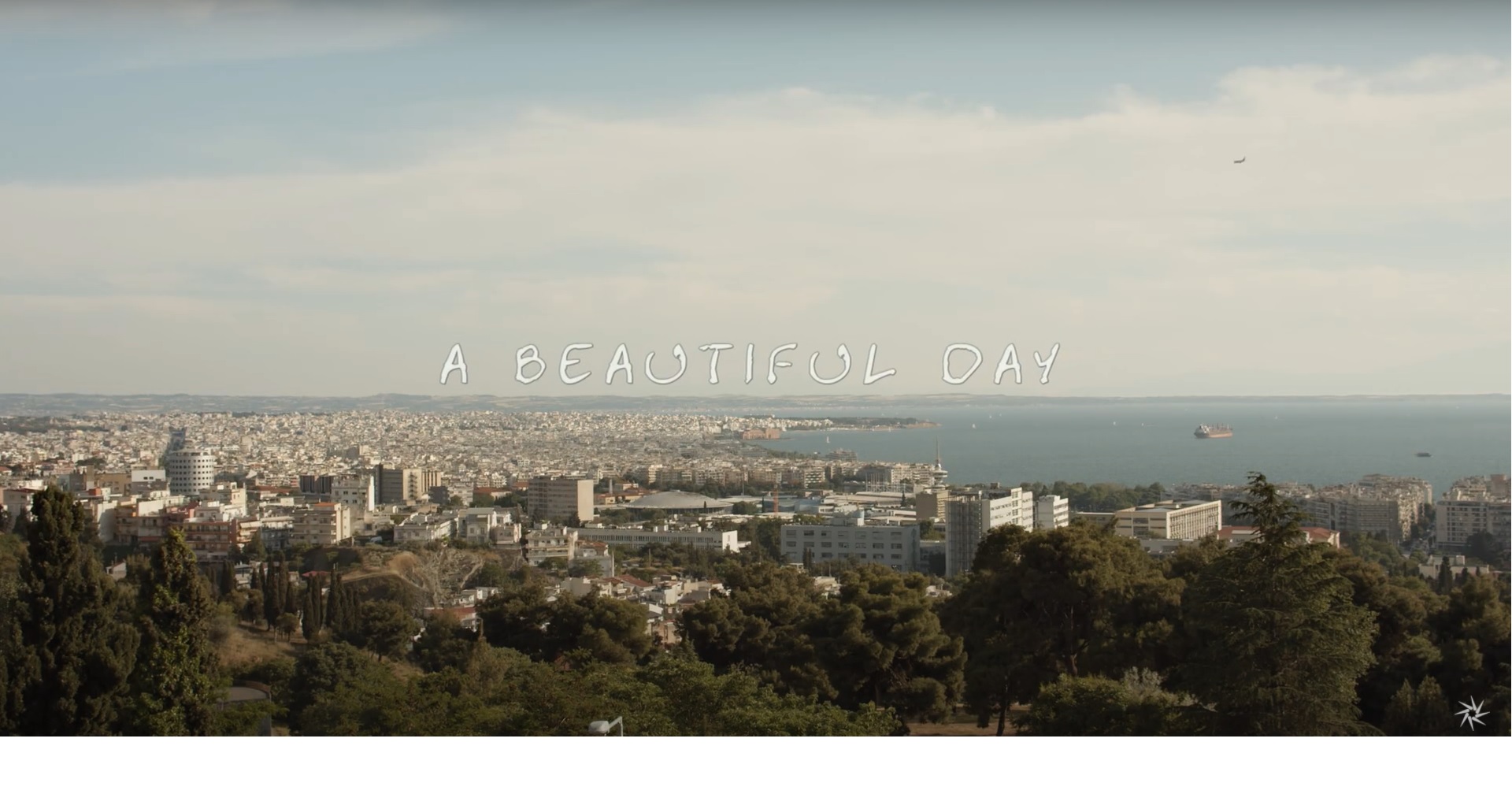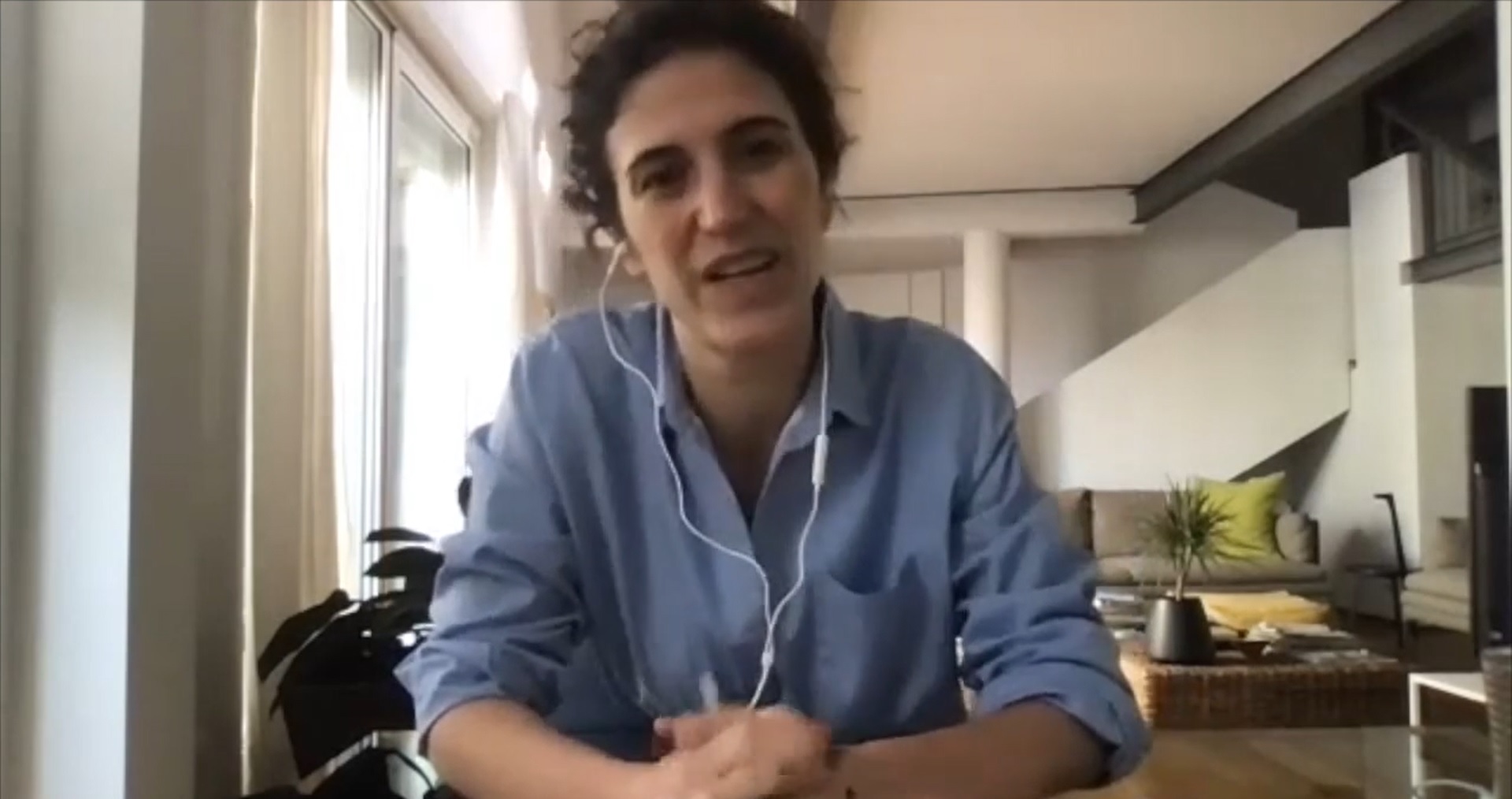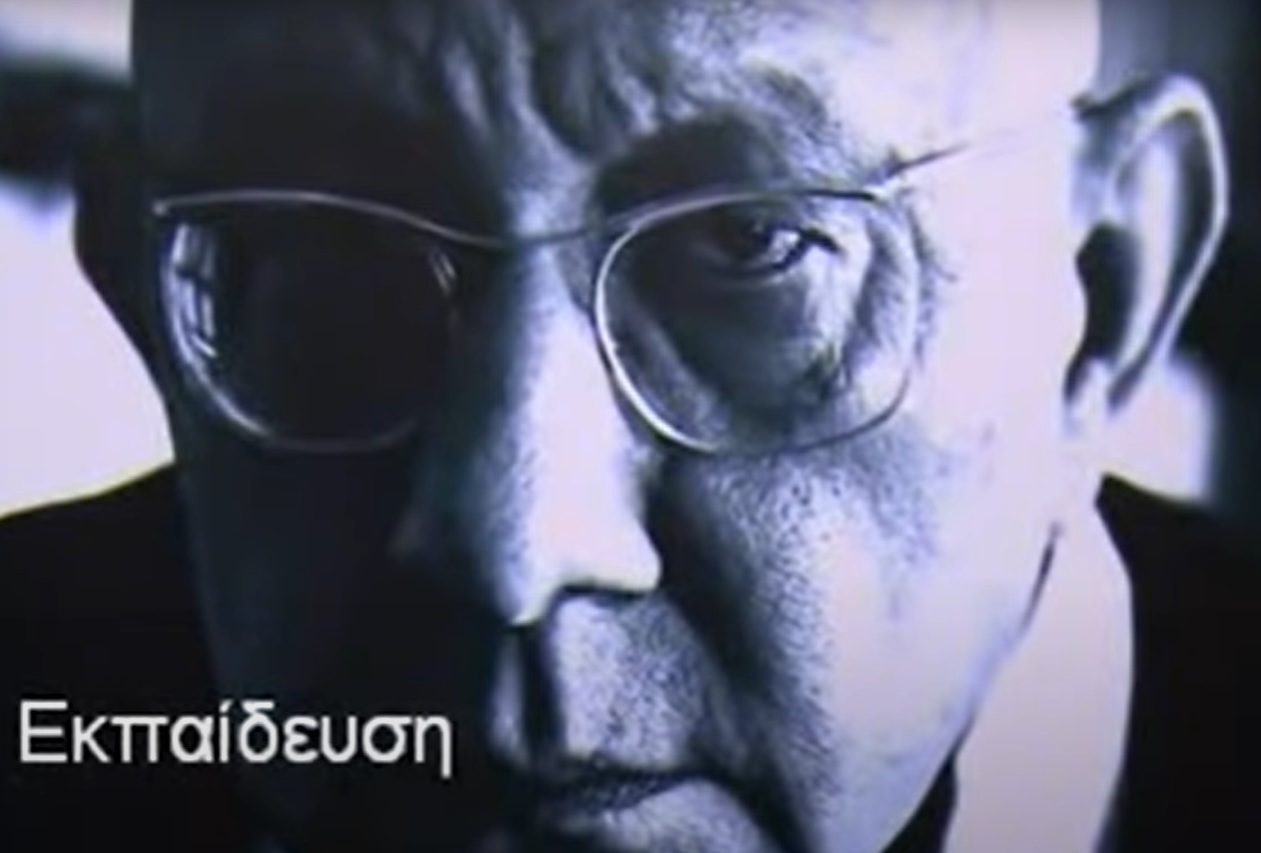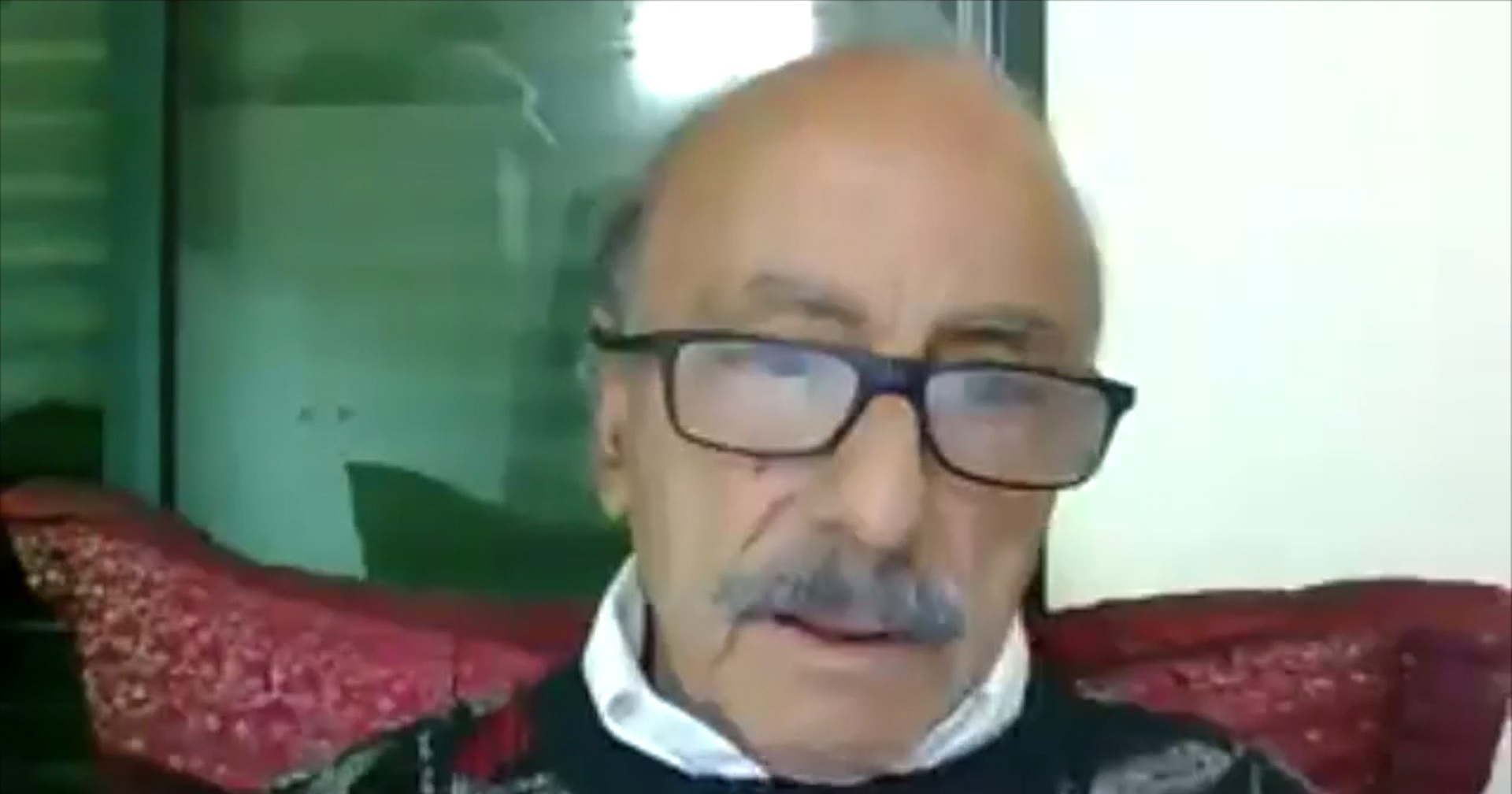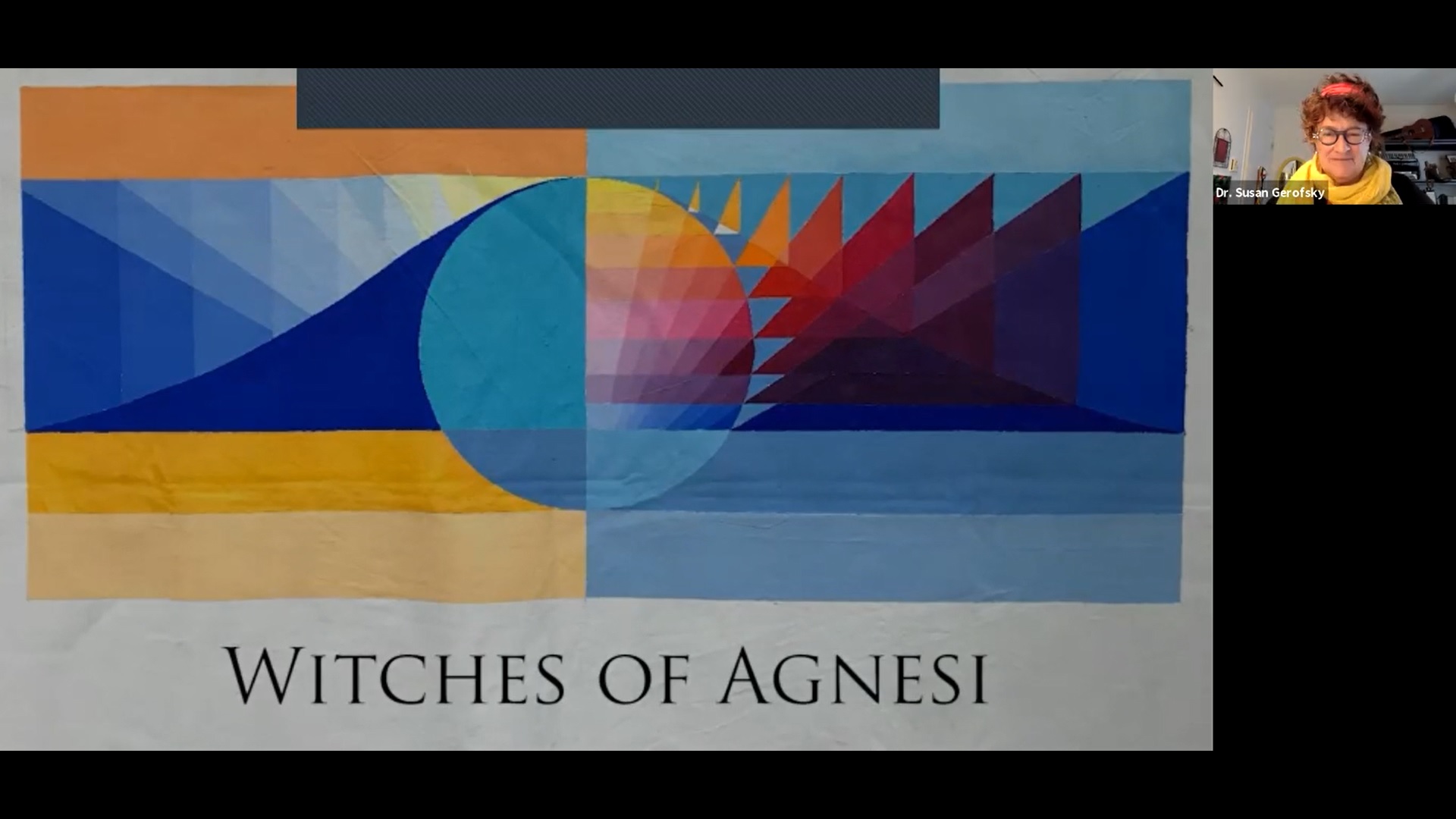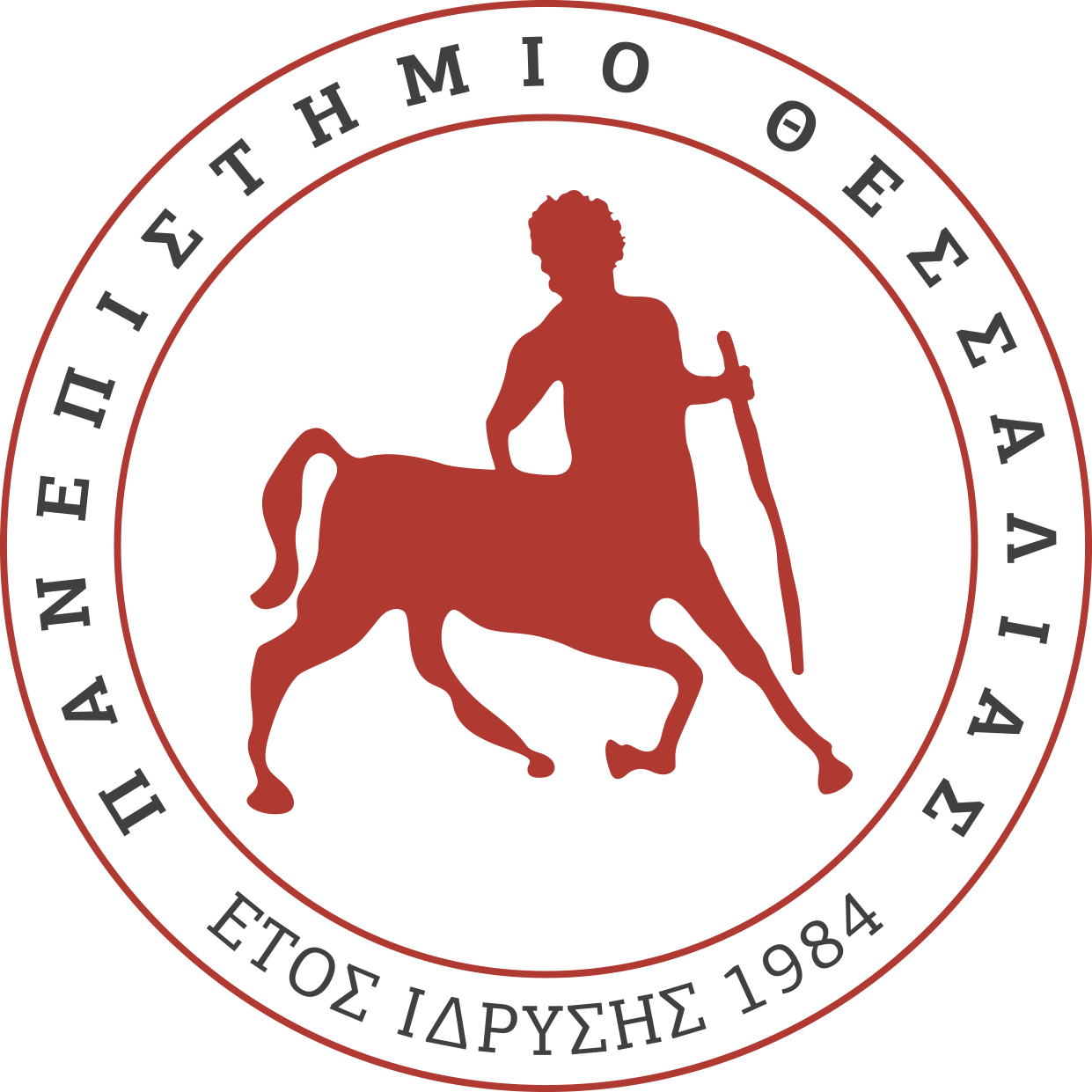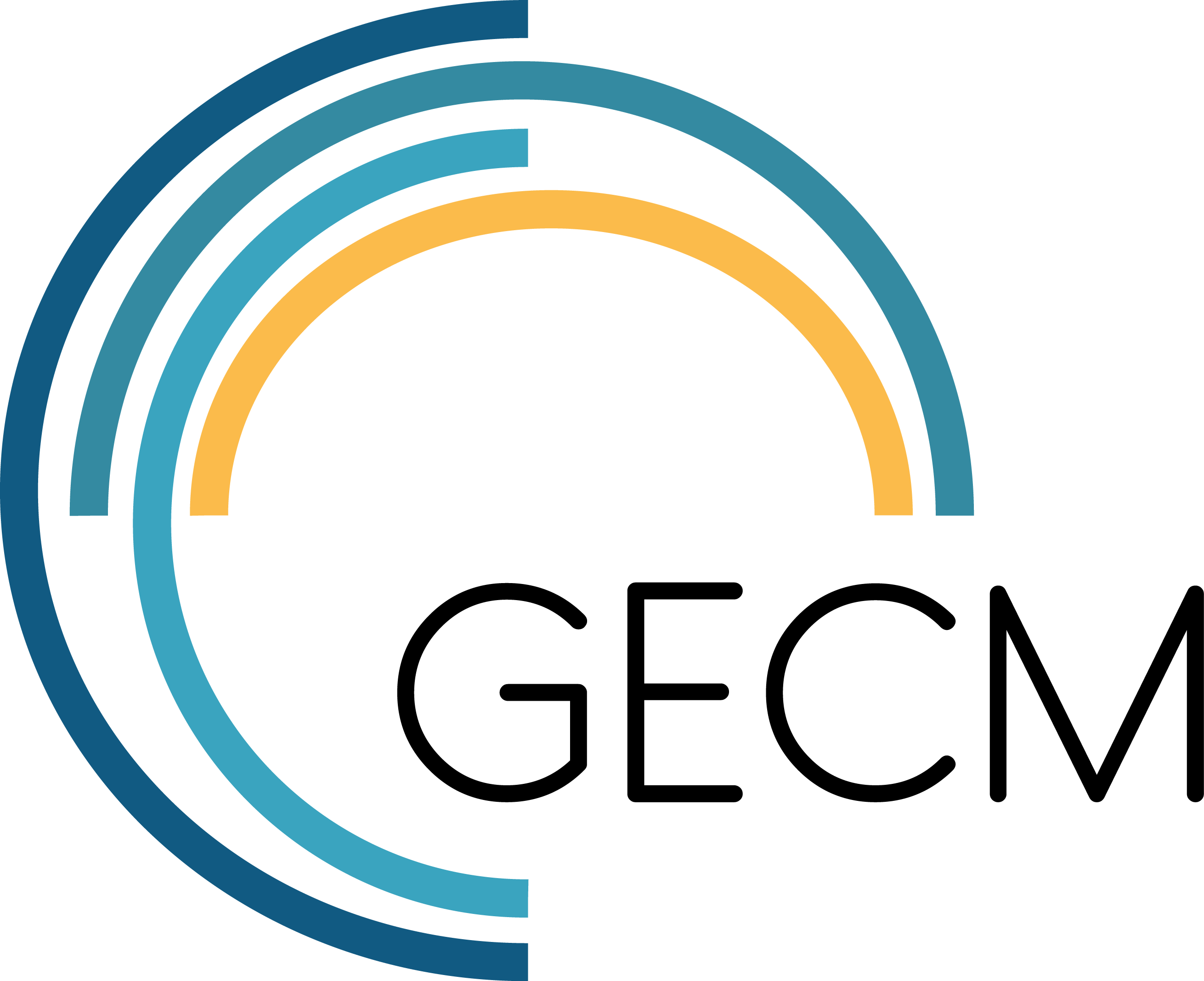παιδεια
Η ιδέα της παιδείας δεν μπορεί να ταυτιστεί με την εκ/παίδευση. Ενώ η εκ/παίδευση όπως και ο εκ/πολιτισμός εγγράφονται σε λόγους αποίκισης του υποκειμένου, η παιδεία μπορεί να ειδωθεί ευρύτερα ως μια παιδευτική διαδικασία ενεργούς μάθησης. Με αυτή τη λογική η παιδεία αλληλοδυνδέεται με όλες τις θεματικές που αφορούν τη μελέτη του φύλου και σχετίζεται άμεσα με φεμινιστικές και κουήρ προσεγγίσεις ενώ αντιπαλεύει πρακτικές επιστημοκτονίας. Η εμπειρία γύρω από προσπάθειες επανοικειοποίησης του χώρου και του χρόνου στις ζωές μας, αποδόμησης κυρίαρχων πολιτικών γραμματικής και αριθμητικής, πειραματισμού με νέες πολιτικές γλώσσας και αριθμών, αλλά και η εντρύφηση με θεωρητικούς προβληματισμούς για το πως φτάσαμε σήμερα να εγγράφουμε τις ζωές μας μέσα στο φύλο αλλά και ως φύλο είναι σημαντικές αφετηρίες για να ξαναδούμε την παιδεία. Η προσπάθεια να αγγίξουμε το φύλο στο φορτισμένο χώρο της εκπαίδευσης σημαίνει ότι εστιάζουμε σε μια παιδεία η οποία επιθυμεί να ακούσει και να συνομιλήσει με την σχολική κοινότητα. Επίσης αναρωτιέται συνειδητά για το πως φτάσαμε να έχουμε εκμηδενίσει συγκεκριμένους τρόπους σκέψης, γνώσης και μάθησης (βλ. επιστημοκτονία) αλλά και στο πως θα μπορούσαμε να αποσταθεροποιήσουμε παγιωμένες αντιλήψεις που θανατώνουν την γνώση και τις σχέσεις μας στα αναλυτικά προγράμματα, στα προγράμματα σπουδών, στους ταξικούς χώρους εκ/παίδευσης. Τα υλικά, οι δράσεις και οι ιδέες για πράξη που παρέχονται εδώ ίσως μπορούν να ανοίξουν ρωγμές ώστε τα μέλη της σχολικής κοινότητας να αυτο-οργανώνονται από τα κάτω διατηρώντας το όραμα για δημοκρατικοποίηση της γνώσης και των σχέσεων.
Last year I asked Donna Haraway about her vision for education in the Chthulucene, a timeplace for learning ‘to stay with the trouble’ in this moment of epochal precarity. In our conversation, we discussed a series of questions: What kind of thinking is needed to move beyond the logics of human exceptionalism and neoliberal individualism embedded in the (Western) modernist education paradigm? What thought experiments are necessary to bring into focus much needed education alternatives? How can education nurture a radical ontological transfiguration of our relations with each other, with other species, and with the Earth? What role can education play in the process of ‘becoming-with’ Earth others as we recompose worlds together for the future survival of our planet?
“Education Beyond the Human: A conversation with Donna Haraway” [Interviewed by Iveta Silova in preparation for CIES 2020 “Education Beyond the Human: Toward Sympoiesis”). Comparative and International Education Society (CIES). [Online].
Μπορούν τα σχολεία να βοηθήσουν στην οικοδόμηση μιας «διαφορετικής» μελλοντικής κοινωνίας; Η ταινία εστιάζει σε δύο αυτοοργανωμένα εγχειρήματα για την προσχολική εκπαίδευση στην Ελλάδα, τα οποία εφαρμόζουν έναν συνδυασμό εναλλακτικών εκπαιδευτικών μεθόδων. Το «Μικρό Δέντρο» στη Θεσσαλονίκη λειτουργεί με βάση τις αξίες της ελευθεριακής εκπαίδευσης και της βιωματικής μάθησης. Στο σχολείο του δάσους «Μικρός Ντουνιάς» στη Λέσβο, κάθε μέρα παιδιά ντόπιων και προσφύγων παίζουν και μαθαίνουν μαζί στη φύση.
Ένα ντοκιμαντέρ του Δάνη Καραϊσαρίδη και του Γιώργου Πατεράκη.
Curator and researcher Silvia Franceschini discusses how pedagogy, through radical thinkers and educators such as Paulo Freire and Ivan Illich, has been translated at different times in history and how this has become relevant again in today´s environmental and decolonial challenges.
She describes how these ideas and practices were picked up by architects, designers and artists in Latin America and later in a European context, where this highly influenced the post 1968 radical educational and architecture/design movements. Then, finally how these influences have emerged again today and inspired artistic and institutional practices to develop new tools for engaging in contemporary contexts and new urgencies. These radical ideas on pedagogy have not only had an impact on education, but on all levels of knowledge production and are important now in a wider institutional critique related to the domination of Western discourses and imposing of worldmaking.
Towards the Third Space- influences of radical pedagogies. An online presentation by Silvia Franceschini on Decolonization and Urgent Pedagogies. March, 2021- Milan, Italy.
Εάν κάποιος κάτι μαθαίνει μέσα στο σχολείο είναι διότι, διαδοχικά, έναν καθηγητή σε κάποια τάξη - και στο πανεπιστήμιο ακόμη - τον ερωτεύεται και τον ερωτεύεται διότι βλέπει ότι αυτός ο ίδιος ο καθηγητής είναι ερωτευμένος με αυτό που διδάσκει.
Λοιπόν, για να τα πω επίσης καθαρά και για να γίνω πλήρως απεχθής σ’ αυτούς που με ακούνε, σήμερα οι εκπαιδευτικοί ασχολούνται με τις επαγγελματικές τους διεκδικήσεις, οι οικογένειες ασχολούνται με το να πάρει το παιδί ένα ‘χαρτί’ και τα παιδιά ασχολούνται με οτιδήποτε άλλο εκτός από την επένδυση των πραγμάτων που μαθαίνουν. Λοιπόν, δεν είναι δυνατόν να υπάρξει εκπαίδευση
Witches of Agnesi is a play that brings together three women mathematicians—Maria Agnesi, Sofya Kovalevskaya, and Emmy Noether—from three centuries in a mysterious meeting place outside of ordinary time and space, where they share a pot of tea and tell the stories of their lives and careers. The title draws on a deliberately mischievous mistranslation of Maria Agnesi’s ‘curve of Agnesi’ to ‘witch of Agnesi’. Each of the protagonists has a song, in the style of her place and time, revealing aspects of her life and work. This play should leave you with ideas about the important work women mathematicians do, and questions about why women have faced so many barriers.
This 2021 National Math Festival Live Performance Series event for all ages took place on January 27, 2021, featuring a pre-recorded performance of the play "Witches of Agnesi" followed by a live panel discussion with women mathematicians, including the playwright, Dr. Susan Gerofsky.

